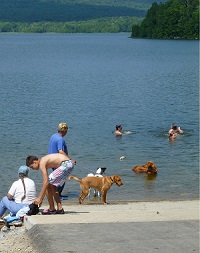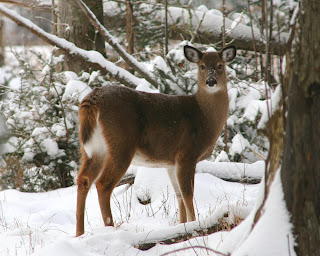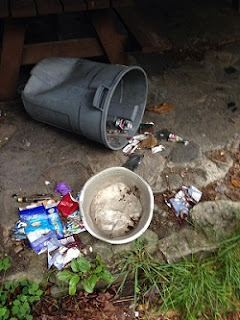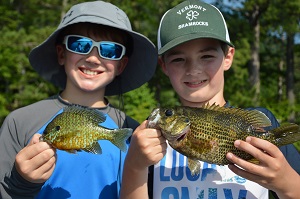Fishing Access Areas Not Safe for Swimming

MONTPELIER, Vt. – The Vermont Fish & Wildlife Department reminds the public not to swim at fishing access areas due to safety concerns. The primary use of the fishing access areas is for launching and retrieving motorboats. The Vermont Fish & Wildlife Department maintains 190 developed fishing access areas on lakes and rivers throughout the state. These areas have allowed uses determined by law, and swimming is not one of them. The access areas were purchased and are maintained with funds derived from the sale of fishing licenses and motorboat registrations, as well as a federal excise tax on fishing equipment, fishing tackle, and gasoline for motorboats. These funding sources explicitly prohibit activities that are in conflict with fishing and boating. Fish & Wildlife regulations prohibit certain uses of fishing access areas including, but not limited to -- swimming, littering, camping, picnicking, making a fire, parking of vehicl...











